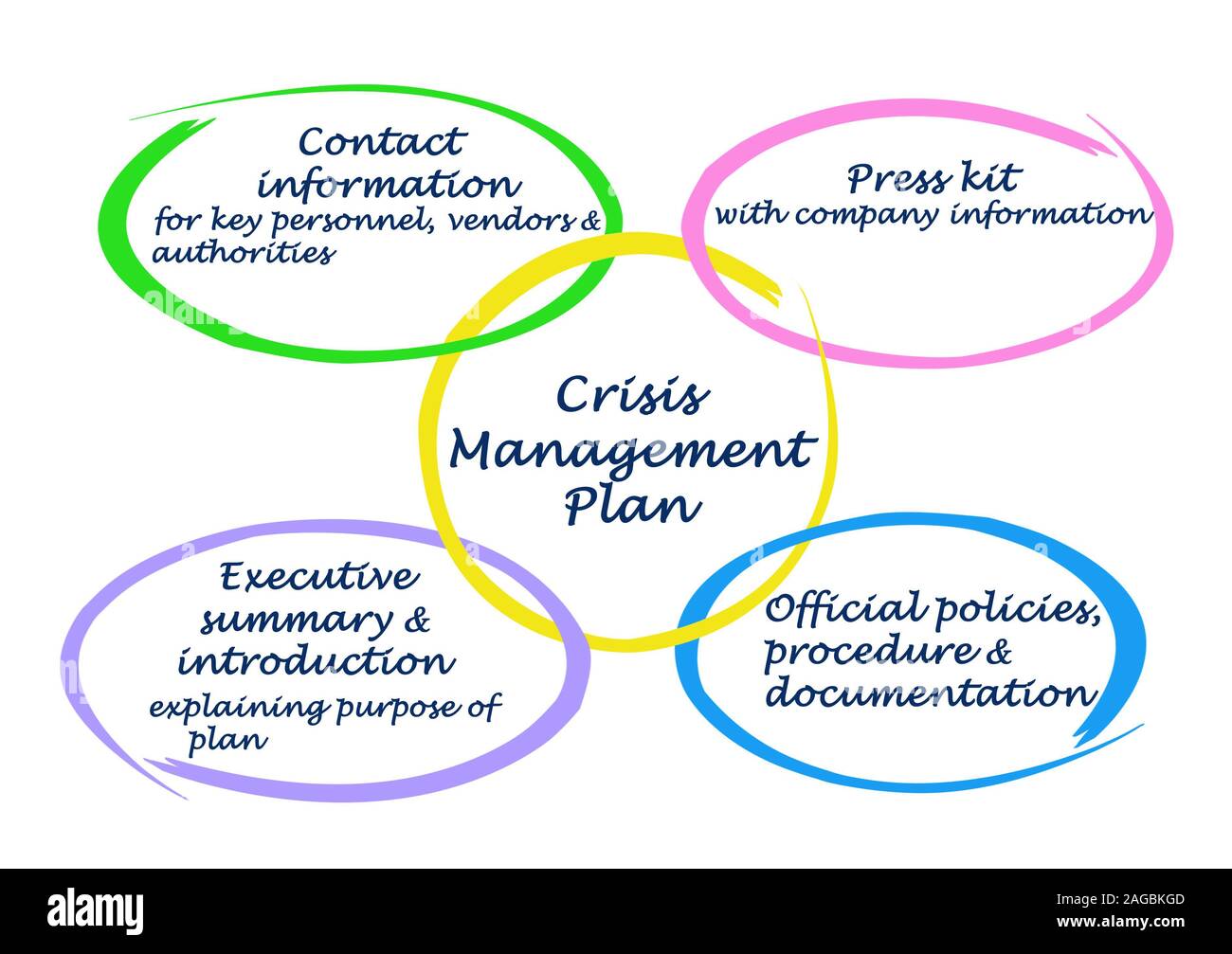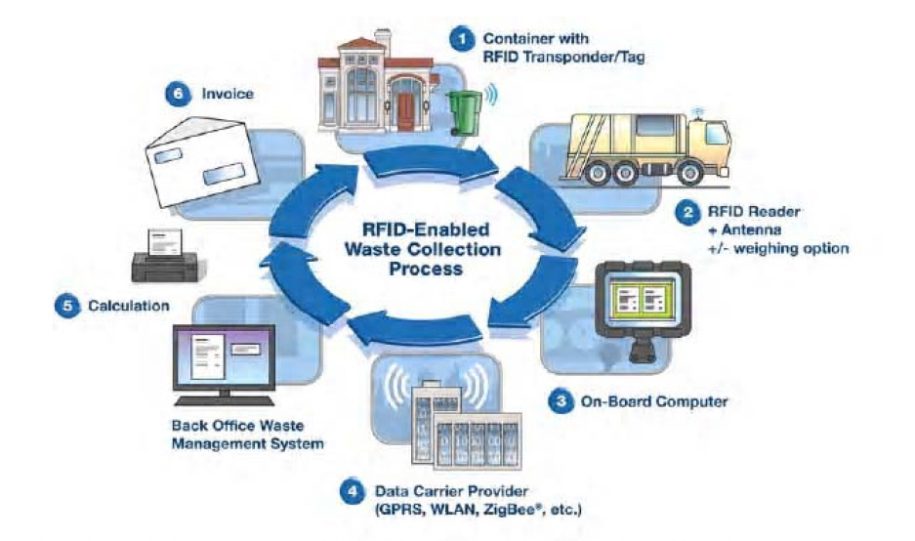
A great way to demonstrate your knowledge of business operations is to add hr experience to a resume. Even if you're not returning to the same role, you can gain valuable skills and knowledge about HR, which you can later apply to other positions. Your resume will be enhanced by HR experience.
Career opportunities in human resources
There are many career choices in human resources. Some of these opportunities are generalist, while others are specialized. If you are interested in specializing, you can start as an assistant or associate and then progress to management. However, it is best to have experience in a variety of functions and specialties in order to progress in this field.

Value of hr experiences
Experience can make a difference in a company's HR department. They can help improve the company's culture through employee engagement and well-being initiatives. They may be able gain insight into their business units. In some cases, HR may not be the only department involved in culture initiatives, but they can be valuable because they have a unique perspective.
Resume format for hr professional
An HR professional's resume should include information about your work history and achievements. It is important to list your most recent job first. It is also important to include a section highlighting your talents. Important is also a listing of your education achievements. The highest degree should be listed first, followed by the other degrees. It is important to list the name of the college where you received your degree, as well as the date of its completion. Also, you can list any courses or trainings that were relevant to your work.
Salary for professionals in HR
With certifications and experience, the salary of HR professionals can vary greatly. SHRM-CP certified professionals generally earn a higher salary. These professionals have more education and experience. These professionals are more responsible and more likely to implement and lead HR policies. In addition, these professionals can expect more upward mobility. While SHRMCP-certified professionals are entitled to substantial salary increases, it is not always guaranteed. Many SHRM-CP certified professionals earn more than $154,000 per year.
Requirements for hr jobs
If you're considering a career in HR, you're probably wondering about the specific qualifications you'll need to be successful. A business degree or human resource bachelor will help you get started, but you may need to have other skills depending on the job you are interested in. These requirements can vary from one employer to the next and may include language skills or experience.

Resources for HR professionals
Read newspapers and other publications to enhance your knowledge as an HR professional. These publications offer daily news updates as well as in-depth coverage on important legislation and legislation that affect your industry. They also include articles about issues facing local/regional employers. These articles also include important information about employment laws, regulations and strategies for avoiding or dealing with any problems.
FAQ
What are the steps of the management decision-making process?
The decision-making process for managers is complex and multifaceted. It involves many elements, including analysis, strategy. planning. implementation. measurement. evaluation. feedback.
The key thing to remember when managing people is that they are human beings just as you are and therefore make mistakes. There is always room to improve, especially if your first priority is to yourself.
We explain in this video how the Management decision-making process works. We discuss the different types of decisions and why they are important, every manager should know how to navigate them. The following topics will be covered:
What role should a manager play within a company
The role of a manager varies from one industry to another.
Managers generally oversee the day-today operations of a business.
He/she will ensure that the company fulfills its financial obligations.
He/she ensures employees adhere to all regulations and quality standards.
He/she oversees marketing campaigns and plans new products.
What does Six Sigma mean?
Six Sigma uses statistical analysis for problems to be found, measured, analyzed root causes, corrected, and learned from.
The first step to solving the problem is to identify it.
Next, data are collected and analyzed in order to identify patterns and trends.
Then, corrective actions can be taken to resolve the problem.
Finally, data will be reanalyzed to determine if there is an issue.
This cycle will continue until the problem is solved.
What are your main management skills
Managerial skills are crucial for every business owner, regardless of whether they run a small store in their locality or a large corporation. These skills include the ability of managing people, finances, time, space, and other factors.
You will need management skills to set goals and objectives, plan strategies, motivate employees, resolve problems, create policies and procedures, and manage change.
As you can see, there's no end to the list of managerial duties!
What can a manager do to improve his/her management skillset?
Good management skills are essential for success.
Managers must monitor the performance of subordinates constantly.
You must quickly take action if your subordinate fails to perform.
You should be able pinpoint what needs to improve and how to fix it.
What are some common mistakes managers make when managing people?
Sometimes, managers make their job more difficult than it is.
They may not delegate enough responsibilities to staff and fail to give them adequate support.
Many managers lack the communication skills to motivate and lead their employees.
Managers can set unrealistic expectations for their employees.
Managers may choose to solve every problem all by themselves, instead of delegating to others.
Statistics
- Your choice in Step 5 may very likely be the same or similar to the alternative you placed at the top of your list at the end of Step 4. (umassd.edu)
- Hire the top business lawyers and save up to 60% on legal fees (upcounsel.com)
- 100% of the courses are offered online, and no campus visits are required — a big time-saver for you. (online.uc.edu)
- UpCounsel accepts only the top 5 percent of lawyers on its site. (upcounsel.com)
- The BLS says that financial services jobs like banking are expected to grow 4% by 2030, about as fast as the national average. (wgu.edu)
External Links
How To
How can you implement Quality Management Plan (QMP).
QMP (Quality Management Plan) is a system to improve products and services by implementing continuous improvement. It is about how to continually measure, analyze, control, improve, and maintain customer satisfaction.
The QMP is a standard method used to ensure good business performance. The QMP aims to improve the process of production, service delivery, and customer relationship. QMPs should cover all three dimensions - Products, Processes, and Services. If the QMP focuses on one aspect, it is called "Process." QMP. When the QMP focuses on a Product/Service, it is known as a "Product" QMP. And when the QMP concentrates on Customer Relationships, it is called "Customer" QMP.
There are two key elements to implementing a QMP: Strategy and Scope. They can be described as follows:
Scope: This determines the scope and duration of the QMP. For example, if your organization wants to implement a QMP for six months, this scope will define the activities performed during the first six months.
Strategy: This describes the steps taken towards achieving the goals set forth in the scope.
A typical QMP is composed of five phases: Planning Design, Development, Implementation and Maintenance. Each phase is described below:
Planning: This stage is where the QMP objectives are identified and prioritized. In order to fully understand and meet the needs of all stakeholders involved in this project, they are consulted. Once the objectives and priorities have been identified, it is time to plan the strategy to achieve them.
Design: This stage is where the design team creates the vision, mission and strategies necessary for successful implementation of QMP. These strategies can be implemented through the creation of detailed plans.
Development: Here, the development team works towards building the necessary capabilities and resources to support the implementation of the QMP successfully.
Implementation is the actual implementation of QMP according to the plans.
Maintenance: Maintaining the QMP over time is an ongoing effort.
Additional items must be included in QMP.
Stakeholder involvement is important for the QMP's success. They need to be actively involved in the planning, design, development, implementation, and maintenance stages of the QMP.
Project Initiation: The initiation of any project requires a clear understanding of the problem statement and the solution. The initiator must know the reason they are doing something and the expected outcome.
Time Frame: It is important to consider the QMP's time frame. For a short time, you can start with the simple version of the QMP. If you are looking for a longer-term commitment, however, you might need more complex versions.
Cost Estimation is another important aspect of the QMP. You can't plan without knowing how much money it will cost. The QMP should be cost-estimated before it can begin.
QMPs are more than just documents. They can also be updated as needed. It evolves as the company grows and changes. It is important to review it periodically to ensure it meets all current requirements.